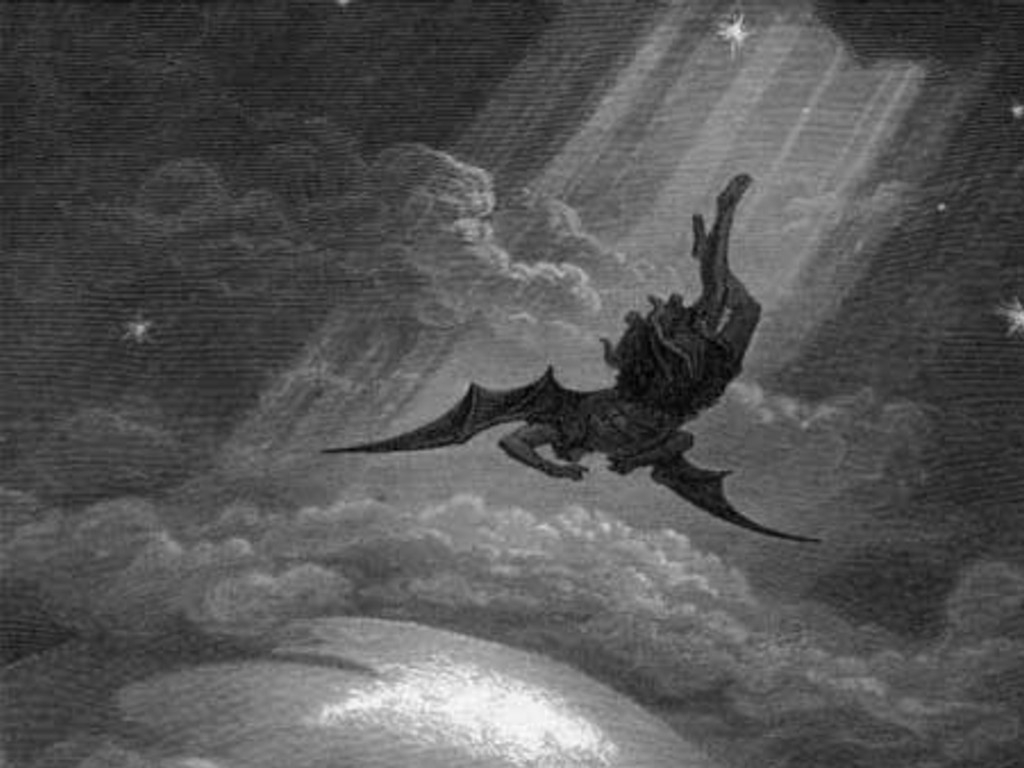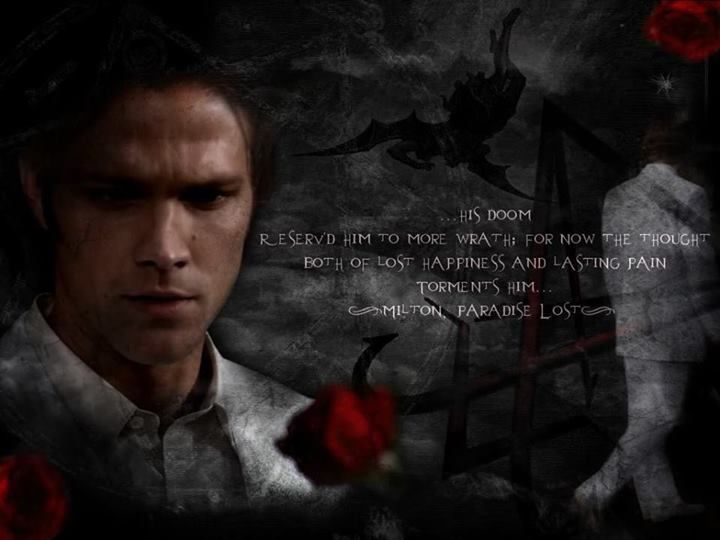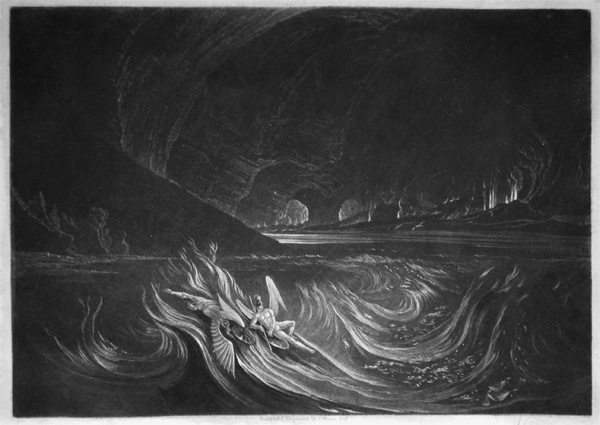

This incongruity is most glaring in his gloss of “We know no time when we were not as now” as “What I see and hear come not but from myself,” a paraphrase that conflates Satan’s assertion of selforigination with his evidence for that assertion.3 In response to Abdiel’s argument that the soon-to-be fallen have no.What impression do we gain of Satan in Paradise Lost: Book 1?

While Bloom’s strange paraphrases can more or less be derived from the lines following these cataclysmic declarations, his interpretations are not to be found in the lines he actually quotes. We Know No Time When We Were Not as Now Bloom skirts the problem of Satan’s destructive impulses by declaring Satan’s role as a poet over by book 4, where he becomes “a mere rebel,” and by situating Satan’s poetic Satan and the Poetics of Creation 23 instincts solely in his claims to positive agency: “Modern poetry begins in two declarations of Satan: ‘We know no time when we were not as now’ and ‘To be weak is miserable, doing or suffering.’”2 What is perhaps most interesting about Bloom’s readings of these two quotations is that neither says what Bloom thinks it does.

Yet precisely this tension between creation and destruction, between positive and negative agency, gives Satan his poetical significance in Paradise Lost, his role as the poetry within the poem, and it is Satan’s struggle with this tension that gives rise to the poem itself. Satan’s “creation” is in this way always bound up with destruction, thereby causing serious problems for any attempt to understand Satan as a creator of anything, let alone of poetry. His assertion of his creative power, “The mind is its own place, and in itself / Can make a Heav’n of Hell, a Hell of Heav’n” (1.254–55), by book 9 has given way to the desire “that destruction wide may range” (134), the ultimate realization of an agency that founds itself on a denial of the most powerful Creator in the poem, God. But if Satan is an agent in the poem, he is often an agent of ruin. The alpha and omega of his kind, Satan naturally fills the space between these two moments, possessing a strange agency that has prompted so many readers to view Satan as the hero of the poem, and that prompted Bloom to call Satan a poet. This fact alone puts Satan at the center of Paradise Lost, a poem that takes place between two creations: God’s and man’s. However, the instinct to read Satan as something more than a fallen angel or an epic character, to read him as a figure deeply connected to the creation of the poem itself, recognizes Satan’s unique status among epic characters as both the first, insofar as he opens a poem that sets itself at the origins of human existence, and the last of that kind, inasmuch as his longrecognized “classicism” makes him the sole and final heir of a tradition that comes to an end in Milton. Bloom’s interest in Satan, at least in Anxiety of Influence, is largely adventitious, serving to illuminate Bloom’s theory 22 Satan’s Poetry rather than to put forth a reading of Paradise Lost.
#PARADISE LOST SATAN QUOTES FULL#
For Bloom, of course, this reading of Satan as the allegory of the modern poet is brief, a short “experiment” that Bloom calls “apparently frivolous” before moving on to lay out his full theory of influence yet that a book subtitled A Theory of Poetry should begin with a reading of the Satan of Paradise Lost is no accident, nor anything “frivolous” (which Bloom knew).1 What Bloom recognizes but does not fully elaborate, and what I will be taking up here, is that Paradise Lost is in some sense not only about “Man’s First Disobedience,” but also about poetry, and specifically about its own poetry. As an allegory of the “strong poet,” Satan in Bloom’s thinking “shadows forth gigantically a trouble at the core of” poetry from Milton forward, acting out in his fall-a fall that has only begun in book 1 of Paradise Lost and that is not complete at least until book 10-the dilemma of the poet struggling to overcome a poetic past too weighty to be withstood. In lieu of an abstract, here is a brief excerpt of the content:Ģ1 one Satan and the Poetics of Creation It was Harold Bloom who, in his Anxiety of Influence, found in Milton’s Satan the beginning of all modern poetry.


 0 kommentar(er)
0 kommentar(er)
